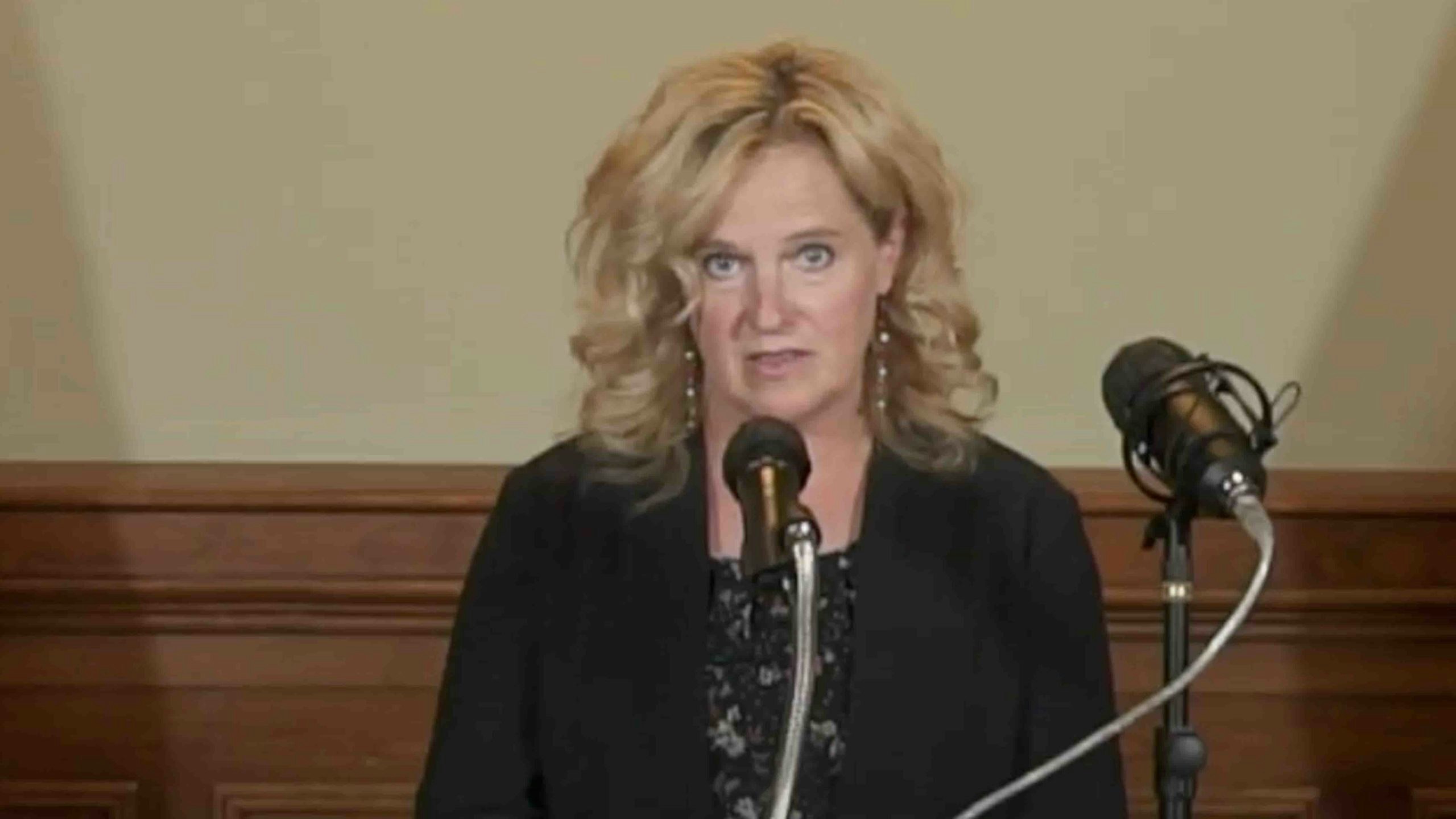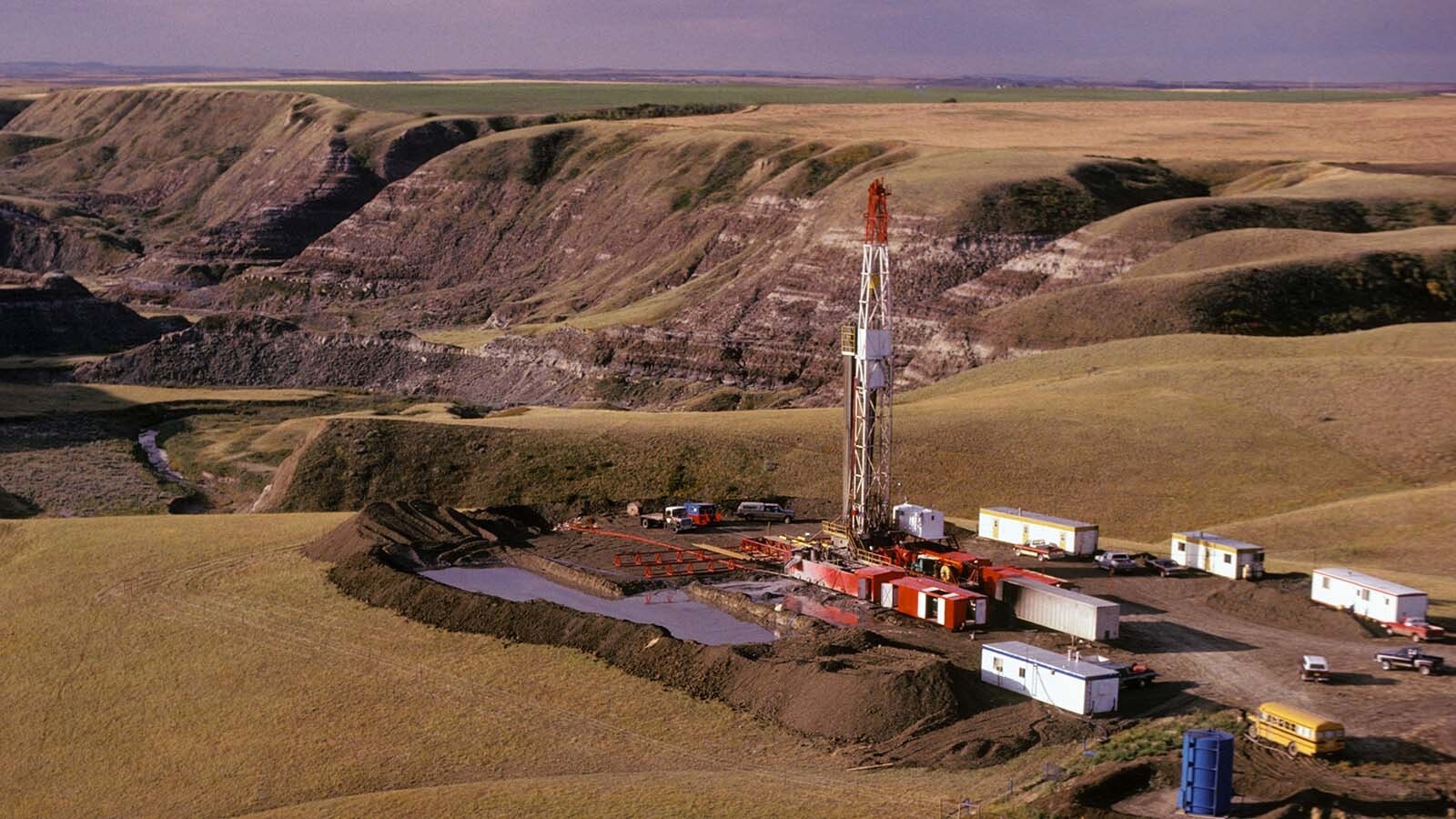Wyoming Superintendent of Public Instruction Jillian Balow has joined four other western state school superintendents in asking President Joe Biden to reconsider his recent energy lockdown.
Balow was joined by her colleagues from North Dakota, Montana, Alaska and Utah in sending a letter to the president telling him the moratorium on oil and gas leasing on federal lands would decimate school funding in their states.
“It is unusual that state education leaders would be in a position to warrant this letter,” send the letter, which was sent Wednesday. “We write to oppose the actions taken to ban oil and gas leases on federal land and to curtail production and transmission of the commodities.”
Biden issued an executive order in late January halting new oil and gas leasing on federal land to allow the Department of Interior to conduct a comprehensive review of the federal leasing program and existing fossil fuel leases.
But the school chiefs noted that in their states, schools depend on income from energy production.
“As state education chiefs we have appreciated generous access to your education transition team and we had multiple opportunities to discuss schools safely reopening, student well-being, and academic priorities,” the letter said. “It is imperative that we bring to light the arbitrary and inequitable move to shut down oil and gas production on federal lands in our states that depend on revenues from various taxes, royalties, disbursements, and lease payments to fund our schools, community infrastructure and public services.”
The letter specifically noted that in Wyoming, the oil and natural gas industry contributed $740 million in K-12 education funding and $28 million to the state’s higher education system in 2019.
Almost all, 92%, of Wyoming’s natural gas comes from federal lands, as does 51% of the oil produced in the state.
“The ban translates into the loss of hundreds of millions of dollars for education and 13,300 direct jobs in a state of 500,000,” the letter said.
For Montana, $30 million in revenue and more than 3,000 jobs are at risk because of the moratorium, the letter said.
In North Dakota, the lease moratorium would result in 13,000 lost jobs over four years, along with $600 million in lost tax revenue and a $750 million loss in personal income. North Dakota’s oil and gas industry accounts for 24,000 direct jobs in the state.
In Utah, $72 million in revenue and 11,000 jobs are at stake.
In Alaska, over $24 million in state revenue is tied to federal leases for oil and natural gas, along with 3,500 jobs.
“As state education chiefs, we place equity and quality at the forefront of policy making,” the letter said. “We care deeply about clean air and clean water for future generations. And, we advocate fiercely for adequate funding for all students in all schools. Reform of the industry is necessary and can be accomplished, but not by abruptly restricting industries that define our culture and the generate revenue on which so many rely.”
A University of Wyoming study commissioned by the Legislature concluded that a moratorium on oil and gas leasing on federal land could reduce Wyoming’s production by $872 million per year, costing the state more than $300 million a year in tax revenue.





